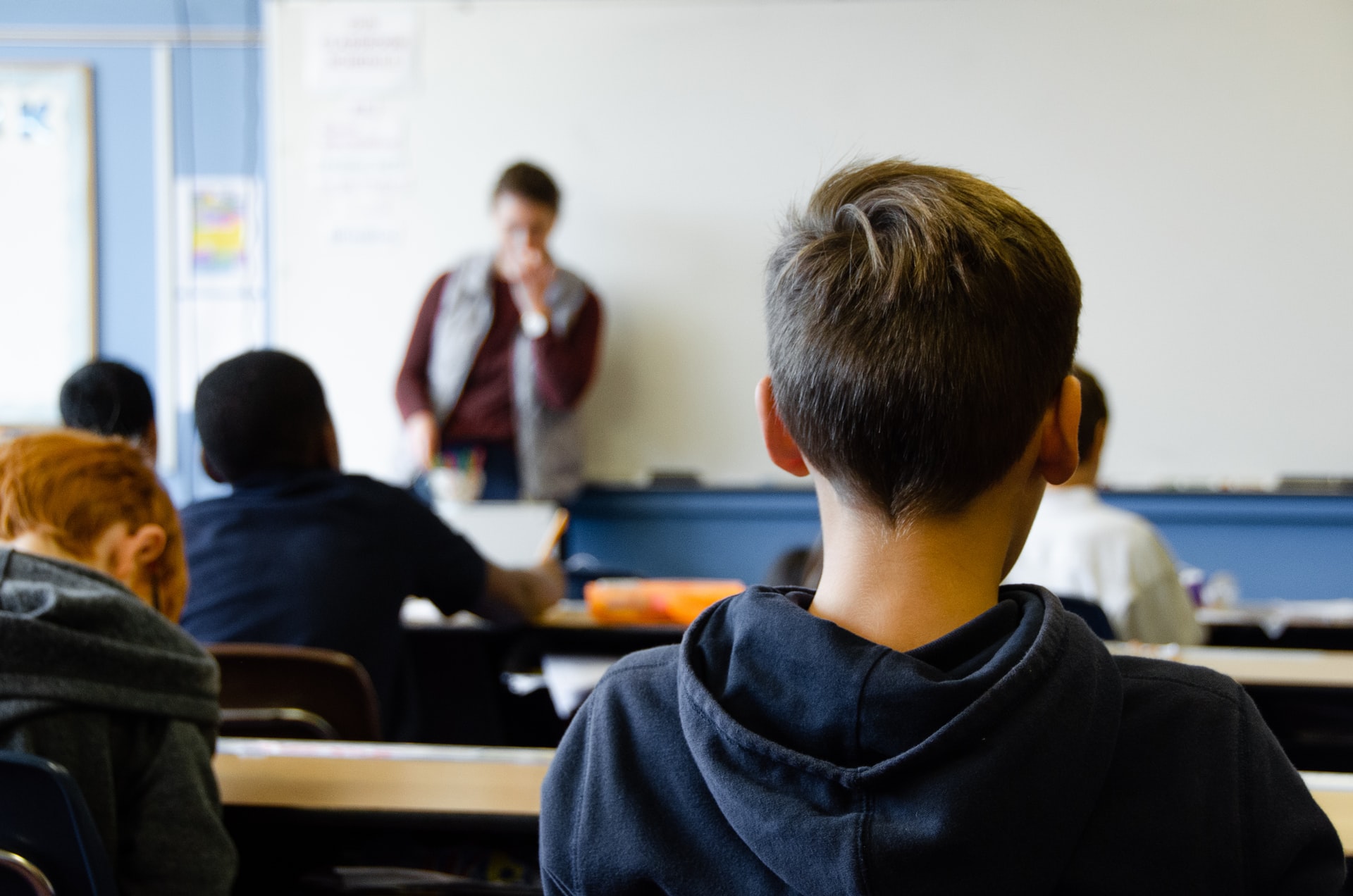Lifestyle
Studying in US: The process amid the Covid-19 pandemic

Among plans canceled during this time are those of Filipino students about to fly to the United States to study. (File photo: Taylor Wilcox/Unsplash)
MANILA – Travel restrictions imposed due to the coronavirus disease 2019 (Covid-19) pandemic not only affected tourism but also the thriving international education sector, halting flights and shutting down several schools abroad.
Among plans canceled during this time are those of Filipino students about to fly to the United States to study.
Matt Keener, cultural affairs attaché at the US Embassy in Manila, said the pandemic restrictions came at a critical time because international students apply for visas around June and July ahead of the fall semester in the US.
“That was obviously the toughest time around the world anywhere for visas for international studies, a lot of universities doesn’t know what they’re going to do that time,” he told the Philippine News Agency in an interview early this week.
“We didn’t see anything near the number of applications then because of quarantine restrictions in the Philippines,” he added.
With Filipinos now allowed to leave the Philippines for non-essential travel, Keener sees a significant volume of student visa applications coming in around November and December if there are students looking to start in the second semester, which typically begins in January and February in the US.
“US universities are open and are receiving international students and we certainly expect that as we emerge from this pandemic that will return to normal,” he said.
The US Embassy is starting to accept applications for student visas, but Keener said this process is usually the last step for a student who wants to study in the US. The initial steps are as follows:
– Identify and apply to your school of choice
– Get accepted
– Figure out how you’re going to pay for the school (whether from your own income, family payment, or scholarship)
– Get the necessary documents from the university to apply for a student visa
“Once you’ve got all that sorted and the university accepted you, the application for the student visa will come from the US university, they’ll send you a document that you can use to apply for the visa at the Embassy,” Keener said.
With the pandemic upending life as we know it for the past few months, Keener noted that US universities have now adapted to and approached the crisis differently depending on the condition of each state, some of which continued with virtual and in-person classes.
‘Tremendous potentials’
During the interview, Keener highlighted the “tremendous potentials” for educational exchanges in the Philippines due to the young and mostly English-speaking population of the country.
“As we stay in a competitive and globalized economy, we see tremendous potentials in the Philippines and for more Filipinos to pursue international education to be successful in that globalized economy,” he said.
“The US is just a fantastic match for Filipinos for so many reasons. One, the quality of our higher education system there, the diversity of opportunities, and the deeply personal, cultural, and historic ties the Philippines and the US share makes the US a natural fit for Filipinos,” he noted.
This year, the Embassy had to double its efforts to attract Filipinos to study in the US and show them the opportunities out there.
Strengthening exchanges
After the two countries signed an agreement on education last year, various discussions were made to strengthen education exchanges and help Philippine and American universities partner with each other. This continues until now.
Keener said the education deal paved for the successful partnership between the Texas International Education Consortium and over 100 state universities and colleges in the Philippines, boosting the latter’s capacity to adapt to the challenges brought by Covid-19.
The collaboration, in cooperation with the Commission on Higher Education, will help administrators from over 100 schools maximize flexible learning and distance learning systems even beyond the pandemic.
“The greatest thing about this program is these capacities are gonna help universities long after Covid… Having distance learning and flexible learning capacities is a way for universities to help the Philippines reach more students wherever they may be and whatever their technology challenges might be,” Keener said. (





















